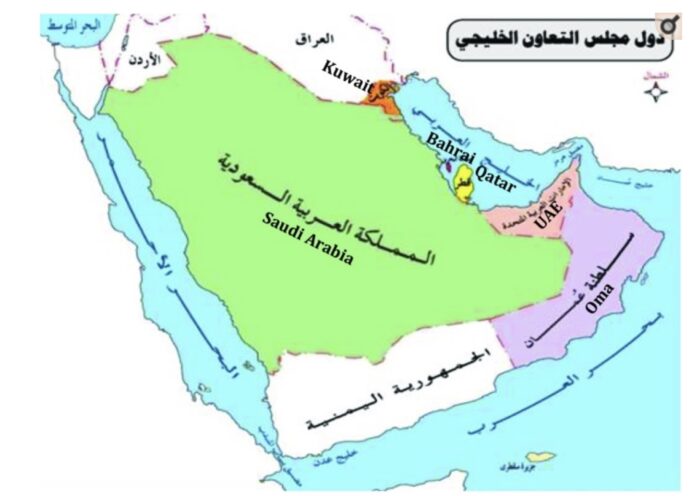Population ageing is a phenomenon affecting the whole world. The countries that make up the Gulf Cooperation Council (GCC) are no exception but transitions in population ageing are still in the early stages of the process. With current demographic dividends experienced by the GCC and the rest of the Middle-East, the pace of population ageing will be faster than that experienced by many European countries. The purpose of this paper is to explore the population ageing experience of different GCC countries while situating this within a context of social policies that still at the very early stages of acknowledging such change. We utilise data from sources such as the United Nations and the World Bank, complemented by policy analysis of current age-related social security measures in the GCC. Given the importance of the family aged care system in the region, we consider the implications of changes in family structures, living conditions, and care needs for the elderly. The findings confirm the declining trend in fertility combined with increased life expectancy in all the six GCC countries. However, they highlight that social policy measures focused on the older generations and their care needs are still relatively at the early stages of each country’s policy agenda. The implications of such changes are serious in term of both the demand for and supply of care. Policy-makers need to adapt cohesive social policy strategies that strengthen the complementing relationships between the state, family and wider community as stakeholders in the provision of aged care.
Khan, H., Hussein, S. and Deane, J. (2017) Nexus between demographic change and elderly care need in Gulf Cooperation Council (GCC) Countries: Some policy implications. Ageing International, 42 (4):466–487.
Founder and Director
Shereen Husseinis a Health and Social Care Policy professor at the London School of Hygiene and Tropical Medicine (LSHTM), United Kingdom.
Shereen Founded the MENARAH Network in 2019, through an initial grant from the Global Challenge Research Fund, UKRI. She is a medical demographer with expertise in ageing, family dynamics, migration and long-term care systems. Shereen regularly collaborates with the United Nations, the World Health Organisation and the World Bank in policy and research focused on ageing in the Middle East and North Africa Region.
Shereen received her undergraduate degree in statistics and a postgraduate degree in computer science at Cairo University. She completed an MSc in medical demography at the London School of Hygiene and a PhD in quantitative demography and population studies at the London School of Economics and Political Science, United Kingdom.



